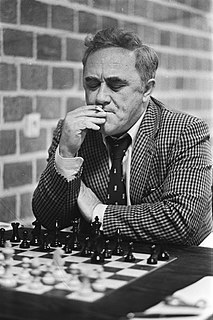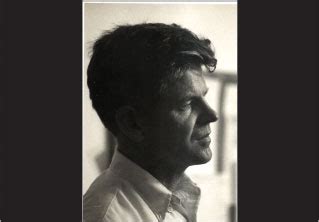A Quote by Aristotle
Excellence or virtue is a settled disposition of the mind that determines our choice of actions and emotions and consists essentially in observing the mean relative to us ... a mean between two vices, that which depends on excess and that which depends on defect.
Related Quotes
If then, as we say, good craftsmen look to the mean as they work, and if virtue, like nature, is more accurate and better than any form of art, it will follow that virtue has the quality of hitting the mean. I refer to moral virtue [not intellectual], for this is concerned with emotions and actions, in which one can have excess or deficiency or a due mean.
It is important to understand what I mean by semiosis. All dynamic action, or action of brute force, physical or psychical, either takes place between two subjects, whether they react equally upon each other, or one is agent and the other patient, entirely or partially, or at any rate is a resultant of such actions between pairs. But by "semiosis" I mean, on the contrary, an action, or influence, which is, or involves, a cooperation of three subjects, such as a sign, its object, and its interpretant, this tri-relative influence not being in any way resolvable into actions between pairs.
When we say that pleasure is the end, we do not mean the pleasure of the profligate or that which depends on physical enjoyment--as some think who do not understand our teachings, disagree with them, or give them an evil interpretation--but by pleasure we mean the state wherein the body is free from pain and the mind from anxiety.
I believe that a desirable future depends on our deliberately choosing a life of action over a life of consumption, on our engendering a lifestyle which will enable us to be spontaneous, independent, yet related to each other, rather than maintaining a lifestyle which only allows to make and unmake, produce and consume - a style of life which is merely a way station on the road to the depletion and pollution of the environment. The future depends more upon our choice of institutions which support a life of action than on our developing new ideologies and technologies.
I shall attempt to prove two things: first, that the actions and dispositions of mankind are the offspring of circumstances and events, and not of any original determination that they bring into the world; and, secondly, that the great stream of our voluntary actions essentially depends, not upon the direct and immediate impulses of sense, but upon the decisions of the understanding.

































